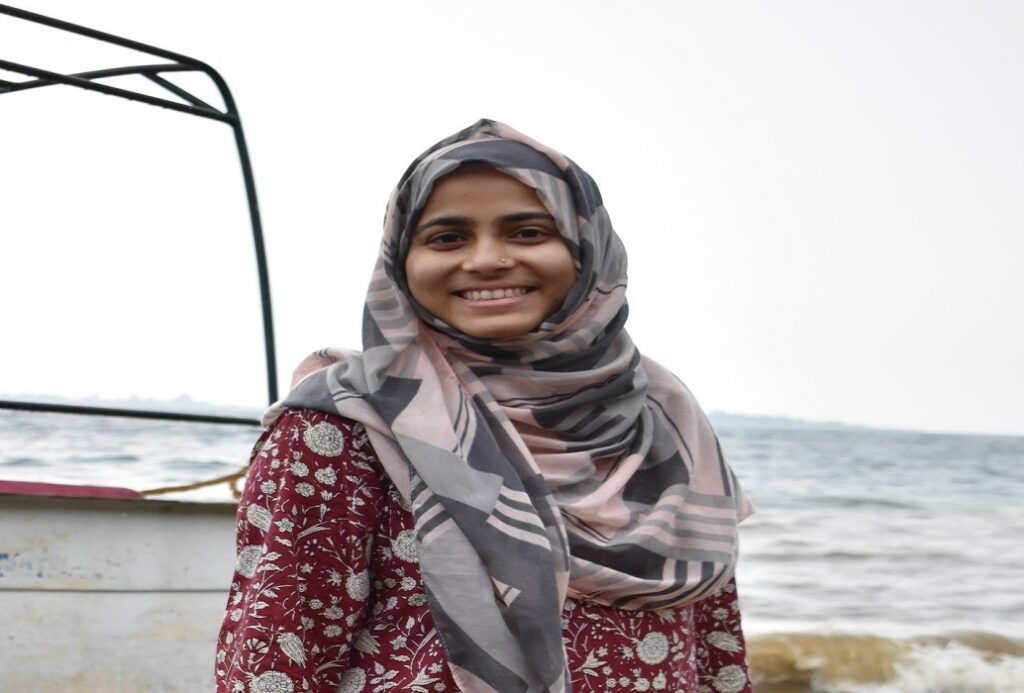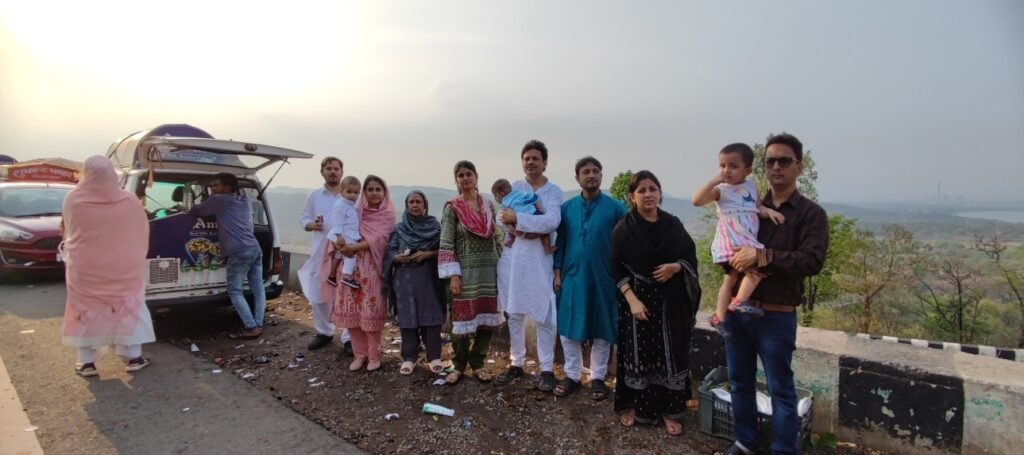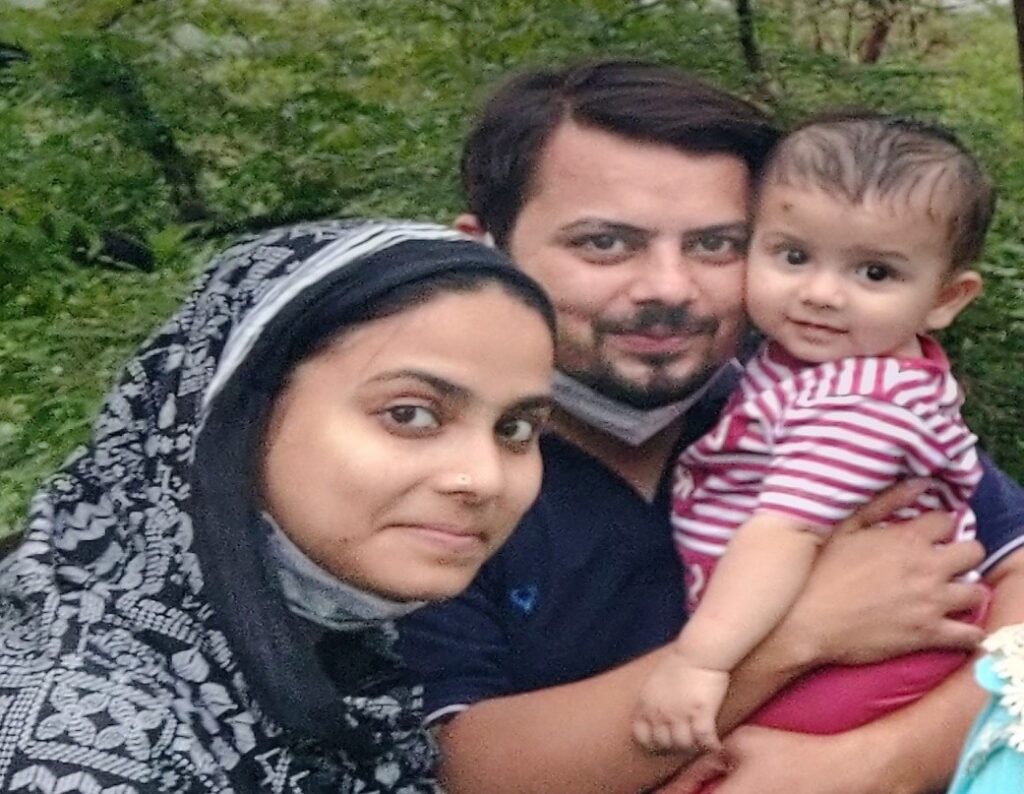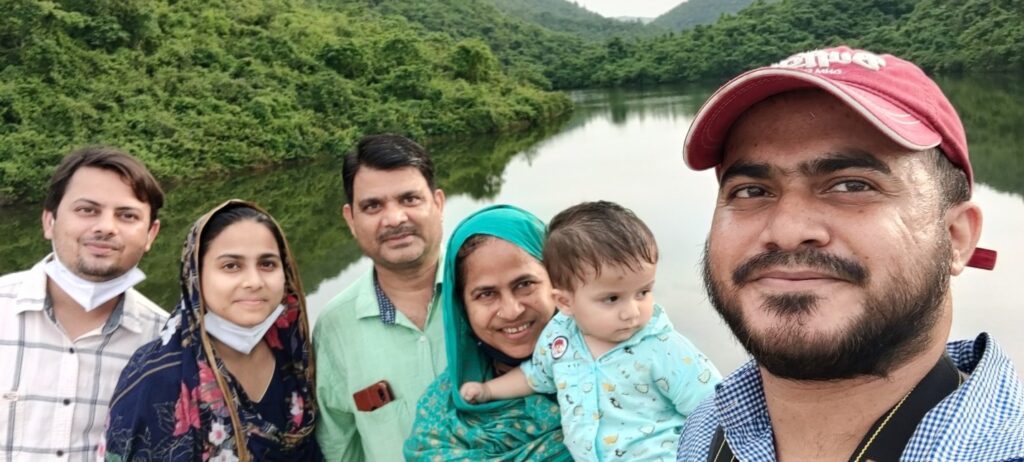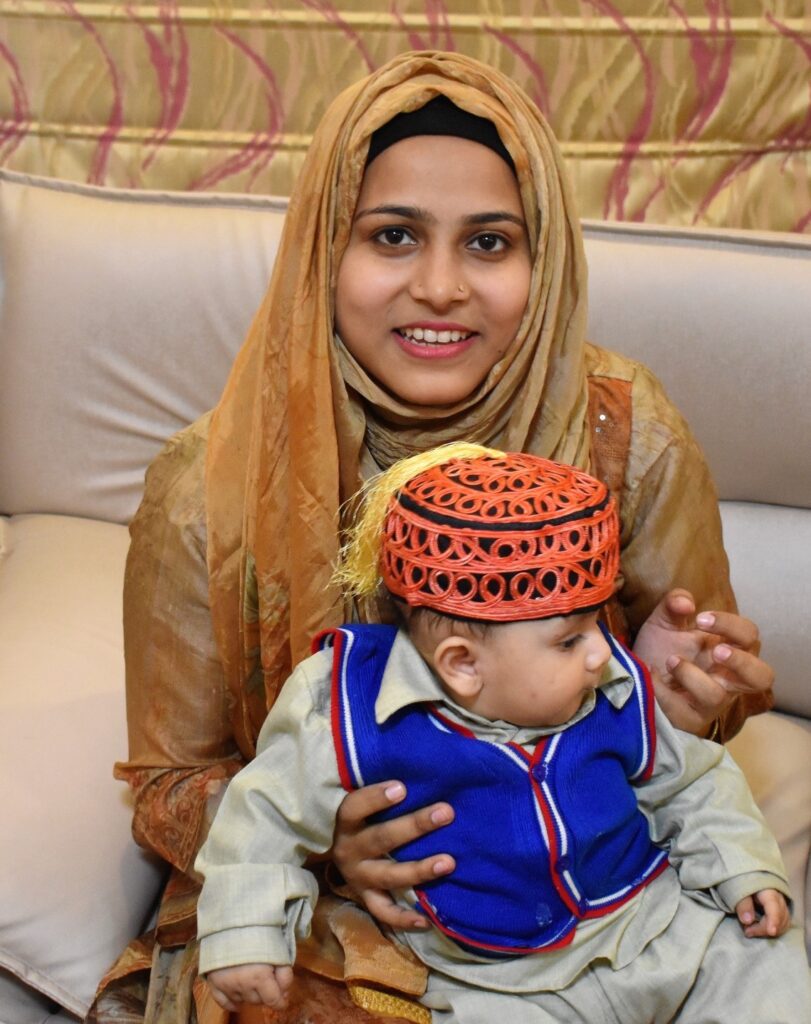Jamshedpur, JHARKHAND / London, U.K :
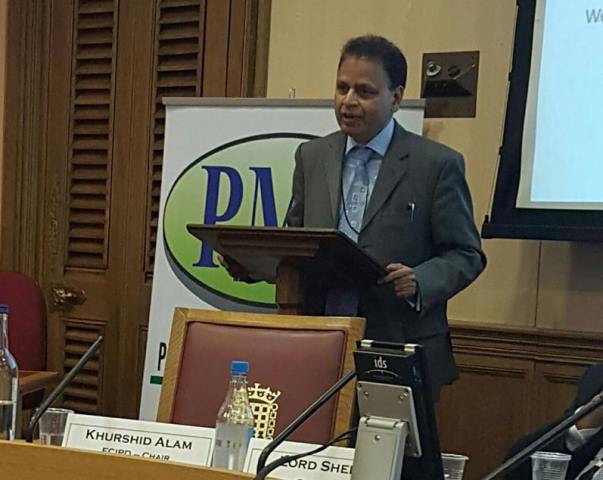
For ex-health commissioner of London Khurshid Alam, education is the only solution for all the problems currently gripping the Muslim community. Saira Aslam talks to Mr Alam for muslimmirror.com about his life struggles, a tragic childhood and his growing up braving it all.
He has several feathers to his cap – from being the health commissioner of London, serving the Indian Army, setting up a vocational training institute in the UK to adopting a school in Nuh near Gurgaon, but Alam feels it is important to continue to learn.
Having lost his mother when he was just three years’ old and then later losing his father at six years’ old meant the end of the world for him. And if this wasn’t enough, he also witnessed the 1964 riots in Jamshedpur in which hundreds of people were killed. But, he says what kept him going and helped him immensely later in life was his education, which he managed to complete despite all the challenges that one could think of.
For over 20 years, Alam has been involved extensively in a variety of roles ranging from being an advisor to leading a wide range of charities and public services in health, education and social care. He has developed and implemented several policies and strategic plans of improving public services and access; and promoting good healthcare and education for community, including working with and giving advice to government bodies and other organisations internationally.
Currently based in London, he has adopted a school in Nuh district, about 45 kilometres (28 mi) from Gurgaon. He has also worked out collaboration between the institution and a school in London, and wants to see his school grow to be the region’s leading school in the next three years. Within six months of its adoption, the school has won two prestigious awards, giving him hopes that the future for the institution looks bright. He points out that the people of the district, who are mostly Muslims, are a marginalised lot and the literacy rate is extremely low.
“Muslims are today lagging so much behind than other communities, not only in India but across the world. And unfortunately, this gap is rising rapidly. Hence, a multi-pronged approach should be undertaken backed by innovative projects on the grass-root level by authorities as well as non-government organisations in coordination and support of each other,” he told MuslimMirror.com during his recent visit to India.
Alam, a Commissioner of the Healthcare Commission who currently holds two other ministerial appointments – Member of Employment Tribunal and Member of Mental Health Review Tribunal, has been running training courses on healthcare and business entrepreneurship skills development programme in the UK and UAE for the past few years but feels “most satisfied” by adopting the school in Nuh, which he describes as “a very deprived area”.
He has set up the AOC International and Academy for Advanced Studies & Training International, an institution specialising in education and training in the UK. He added that he has successfully launched skill development programmes in rural areas as well as initiated women empowerment drives focusing on health, adult education, equality and anti-dowry. He says all such community efforts should focus on the youth, women and other weaker groups.
“My one word answer to all misery of Muslims in India and the world is real and meaningful education. At the same time, the community should strive to become economically and scientifically strong,” he says, adding that all efforts should revolve around the unshaken belief in the Almighty. As part of his long-term plan, he remains passionate about bringing about quality education and value added training courses in different countries.
When asked about the skill development areas Muslims should focus on, Alam says innovative and unique skills that are industry-focused and those that will provide early employment or sources of earnings to themselves and the dependents are important. For example, handicraft, stitching and sewing would be helpful for women, and so will be the basic level training for healthcare nursing assistants, primary teachers, nannies, cleaners, cooks and others.
It is also important for the youth (men) to focus on the skills required for plumbing, plastering, tiling, crane operation, taxi or auto driving, guarding, refrigeration, mechanical work, electronics repair. A society with trained primary teachers, healthcare assistants, chefs, etc is extremely important, he points out, adding that entrepreneurship should be encouraged.
Small NGO groups should reach out to more remote areas under schemes like anganwadi with result-oriented programmes. The divisions and prejudices either based on caste or class systems have proved to be huge obstacles and barriers for a progressive society. Islamic learning or other forms of learning and awareness programmes must be undertaken, particularly in rural areas, says Alam.
Teaching the basic tenets of Islam on equality should be encouraged through awareness camps alongside tackling and working with the religious institutions, bringing all stakeholders under one umbrella tactfully and avoiding differences. However, this work must be undertaken with the sole purpose of helping the Muslim community progress on all fronts, he adds.
He says the positive thing is that “awareness is increasing and we must work relentlessly to make use of every window of opportunity presented to us but remaining focused to our goals through teamwork and equality”. “In fact, in my view it is more important for women to seek complete education and acquire necessary skills,” says Alam the father of two successful daughters (one is law graduate from LSE and another doing MBBS) in his parting reply.
source: http://www.muslimmirror.com / Muslim Mirror / Home> Indian Muslim> Interviews / by Saira Aslam / January 14th, 2018
